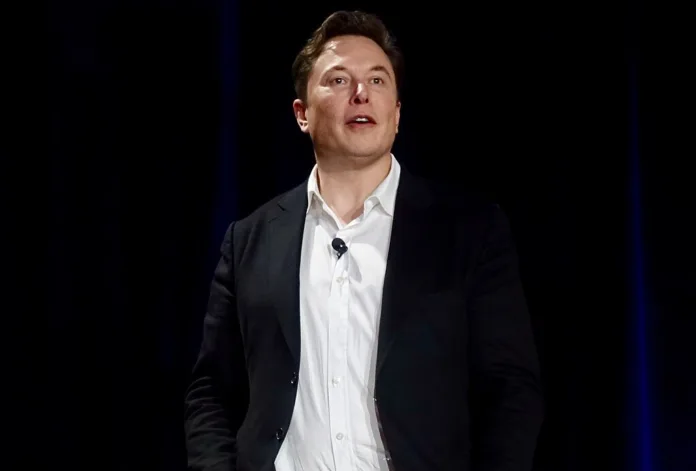Election law experts warn the billionaire’s initiative may violate federal laws against incentivising voter registration
Elon Musk’s recent announcement of a daily $1 million giveaway to registered voters has drawn significant scrutiny from election law experts, who suggest that the initiative could potentially violate laws against paying individuals to register to vote. The billionaire and CEO of Tesla and SpaceX unveiled his plans during a campaign event in Harrisburg, Pennsylvania, while actively supporting former President Donald Trump.
“We want to try to get over a million, maybe 2 million voters in the battleground states to sign the petition in support of the First and Second Amendment,” Musk stated. He referred to a petition launched by his political action committee, aimed at bolstering support for free speech and gun rights. The giveaway is targeted at registered voters in critical swing states including Pennsylvania, Georgia, Nevada, Arizona, Michigan, Wisconsin, and North Carolina.
Musk’s initiative, which he describes as a “one-time ask,” encourages participants to engage with friends and family to promote voter registration and turnout. The first winner was announced at his Harrisburg event, where Musk presented a large check to a Trump supporter. He followed up with a second winner announcement in Pittsburgh.
However, Pennsylvania Governor Josh Shapiro expressed serious concerns about the legality of Musk’s actions, stating that the giveaway could attract law enforcement scrutiny. He underscored the potential violation of federal law, which prohibits offering payment for voter registration or voting, punishable by up to five years in prison.
Election law expert Derek Muller from Notre Dame Law School noted that while many states criminalize paying for votes, Musk’s approach, which ties cash prizes to registered voters, raises “bribery concerns.” He emphasized that the timing of the giveaway—just before voter registration deadlines—could further complicate its legality.
Legal experts, including David Becker, a former Justice Department official, argue that Musk’s strategy directly contravenes laws intended to prevent voter coercion. Becker pointed out that the restrictive nature of the giveaway, limited to seven swing states, implies an intention to influence the election outcome, which could be problematic legally.
Rick Hasen, another election law expert at UCLA, labelled Musk’s initiative as “clearly illegal vote-buying.” He referenced the Justice Department’s guidelines, which explicitly prohibit offering incentives that aim to induce voter registration.
The backlash against Musk also included criticisms from Michigan Secretary of State Jocelyn Benson, who condemned his false claims regarding voter rolls, asserting that he was spreading “dangerous disinformation.”
As the electoral landscape becomes increasingly complex with influential figures like Musk wielding significant financial power, the implications of such initiatives will likely continue to be scrutinised as both a legal and ethical matter in the lead-up to the presidential election.
